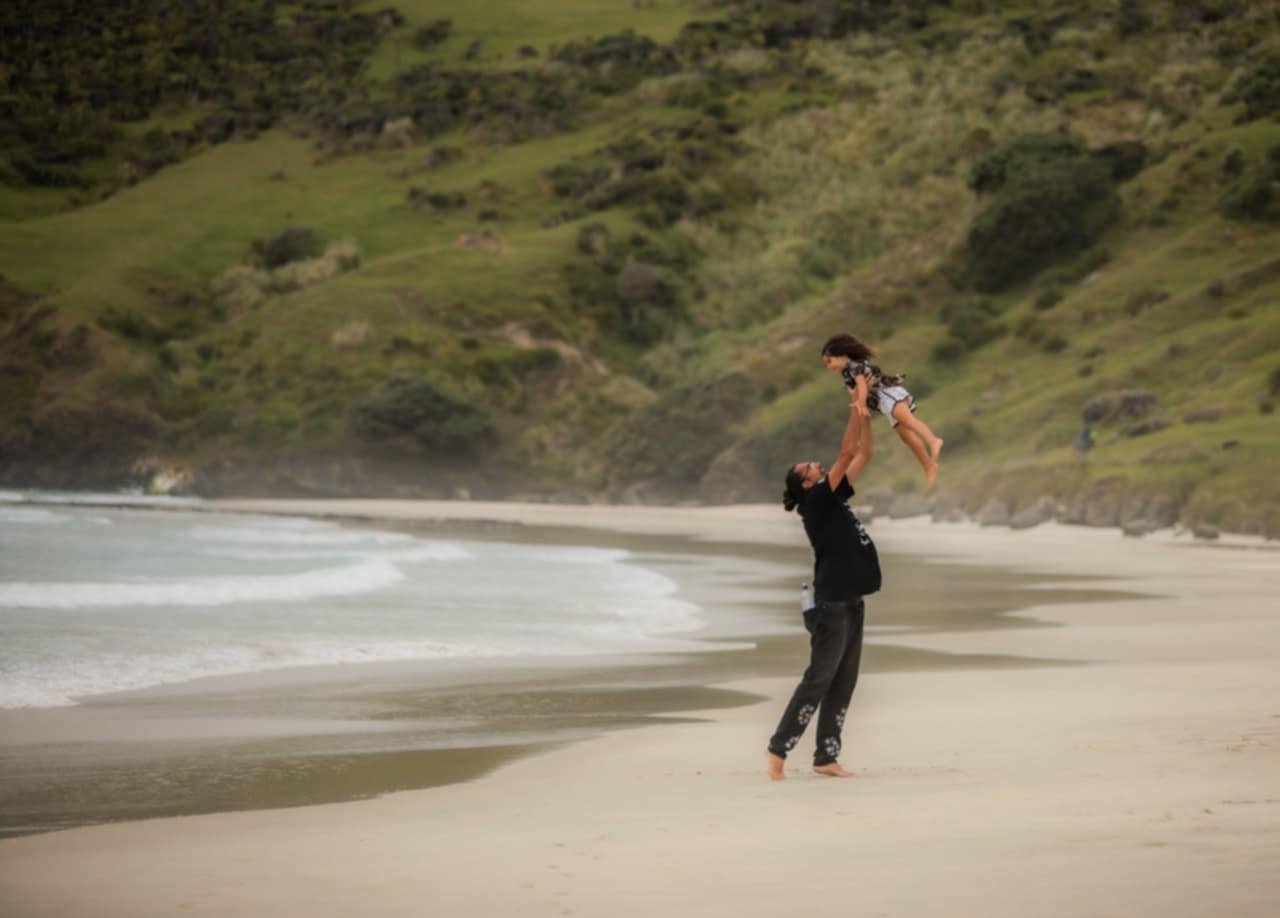He aha te mea nui o te ao? He tāngata, he tāngata, he tāngata.
What is the most important thing in the world? It is people, it is people, it is people.
Every business, every community, every ope, every rōpū has a culture. Culture can be defined as the shared values, beliefs, norms, customs, behaviours, and symbols that a group of people use to understand the world and interact with one another. A strong culture can make a company thrive — while a weak one can hold it back.
When we took over the business, we had to respect and appreciate the existing culture — to observe the dynamics, the values, the unspoken ways of doing things that were already here.
I have a strong opinion on what my preferred culture looks and feels like. That’s been shaped by many experiences over the years — but none more than my time at Trade Me.
Trade Me probably had the biggest impact on me. At the time, I was still relatively new to the tech world — I’d learnt my trade in a bank, which didn’t exactly feel like a tech company, because, to be fair, it wasn’t.
When I first interviewed at Trade Me, it started as a casual coffee with the hiring manager — a 15-minute kōrero to suss each other out. If that went well, it would lead to a more structured interview.
I still remember walking into that next interview, dressed in my Westpac suit, and feeling completely overdressed. The meeting was in “The Vault,” one of the original workspaces at Trade Me. Those who remember it will have stories. Everyone around me was in jeans and a t-shirt. I immediately felt out of place. But the interview went well — despite the nerves and the self-doubt.
Then came the final interview: a “meet and greet.” I’d been told it was informal, just a small group asking questions that weren’t necessarily work-related — like what TV series I was watching at the time. But because it was just before Christmas and the office was quiet, someone sent a company-wide email: “Come to the couch and meet a potential new hire.”
About 20 people showed up. Nervous much? Absolutely.
Someone — who would later become my referee when I moved to Xero — asked me, “What’s the worst project you’ve ever been part of, and how did you navigate it?”
It was at that moment I realised the kind of authenticity and problem-solving mindset the company valued — and it told me everything I needed to know.
My experience at Trade Me didn’t just set the bar for me — it offered valuable lessons. It showed me what I liked and what I didn’t. It shaped a way of showing up in new environments that begins with listening, observing, and understanding before acting.
It inspired a commitment to building culture not as a one-off task, but as an ongoing, living practice.
Our journey learning te reo Māori through full immersion has reinforced these lessons profoundly. It taught me patience, deep listening, and presence. Real understanding can’t be rushed — you must sit with discomfort, absorb the rhythms, values, and wairua of a place or people, and allow it to shape you.
Mā te rongo, ka mōhio,
Mā te mōhio, ka mārama,
Mā te mārama, ka mātau,
Mā te mātau, ka ora.
From listening comes knowledge,
from knowledge comes understanding,
from understanding comes wisdom,
from wisdom comes well-being.
These lessons — humility, presence, and creating space where people feel genuinely seen and heard — are as vital now as ever as we grow this business.
We’re not trying to replicate another company’s vibe. Instead, we take the best lessons: the power of showing up for each other, the value of informal connection, and the importance of creating spaces where everyone belongs.
Real change doesn’t happen by force. It grows through care, connection, and respect.
We lead as we live — holding whanaungatanga and manaakitanga at the heart of everything we do. Our connection to people, to whenua, and to whakapapa guides us forward.
This is the path we walk — not just to lead a business, but to shape it so it truly reflects our values.


